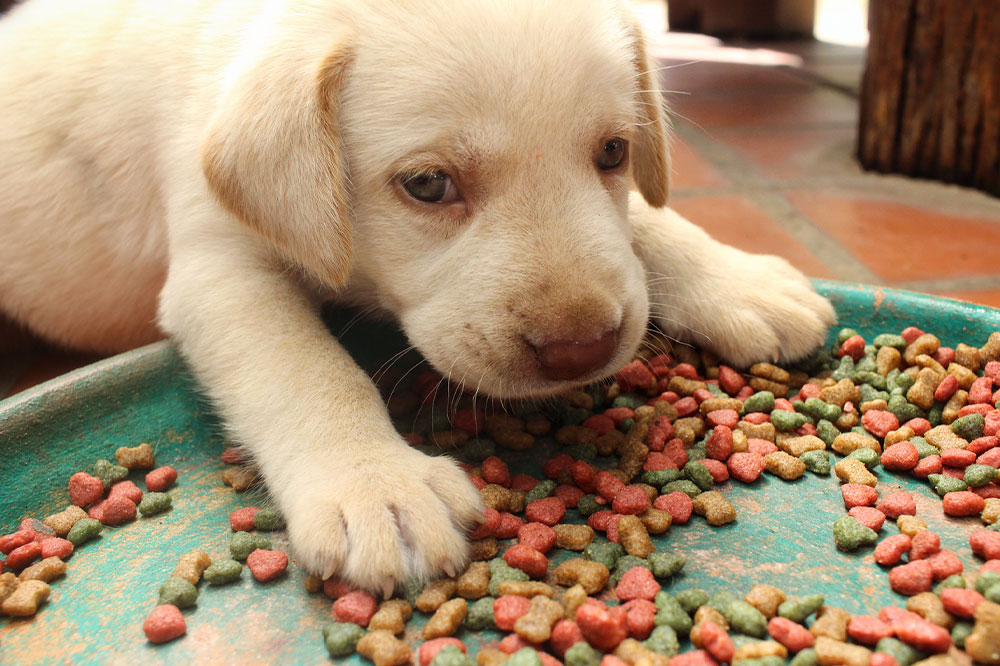
5 Foods That Cause Dog Allergies
While your dog might enjoy the occasional piece of meat from your plate or their favorite munchies and tidbits, it’s always better to supplement their diet with nutritious food. Apart from the primary ingredients, wet and dry dog food boast essential vitamins and minerals that are good for their digestion, hair coat, skin, and overall health. To top it all off, these recipes can be quite tasty and feature a variety of meats. But there are certain foods that can trigger an allergic reaction.
It is your responsibility to understand the tell-tale signs of common causes of food allergies in dogs.
Wheat
Wheat allergy is not so common but is, nevertheless, one of the primary causes of food allergies in dogs. There are plenty of visible signs and symptoms of the developing allergy. You must check for itchy skin, frequent shaking of the head, inflammation in the ears, and even if he or she is constantly rubbing its face on a surface (like a carpet or rug). Apart from the common tell-tale signs including vomiting, sneezing, diarrhea, flatulence, and changes in behavior, look out for symptoms of asthma and even seizures.
Lamb
Advertized as a great alternative to chicken and beef, lamb meat became quite a common staple among top brands of wet and dry food. But it is also one of the rare causes of food allergies in dogs. So in place of lamb, venison is a great choice.
Meat
Dogs need proteins and one of the most common meats used by pet food brands is beef. But when your pet is fed the same type of food for a longer duration, the chances of developing an allergy or even intolerance is high. Meats are among the more known causes of food allergies in dogs. It is one of the main reasons you must rotate between more than two different types of meat and experiment with wet and dry dog food to ensure a single allergy doesn’t persist.
Dairy
It’s not uncommon for dogs to have some level of lactose intolerance. Some even have an allergy that can lead to an intolerance that eliminates most dairy options from your list. Dogs may suffer from frequent vomiting, gas, and even diarrhea due to the inability of their digestive system to process the lactose ingested. Note that the signs of an intolerance and allergy are completely different in this case. Allergies can be on the surface or internal, while intolerance is most certainly an internal discomfort. So check for the signs properly to make a proper distinction.
Poultry
Eggs and chicken are good alternative sources of protein in dog foods that are made without using red meat. But dogs can develop an allergy if their immune system reacts to the protein found in these common sources of poultry. The good news is that you can easily avoid eggs and chicken in dog food.



